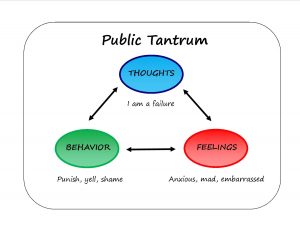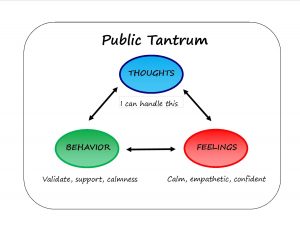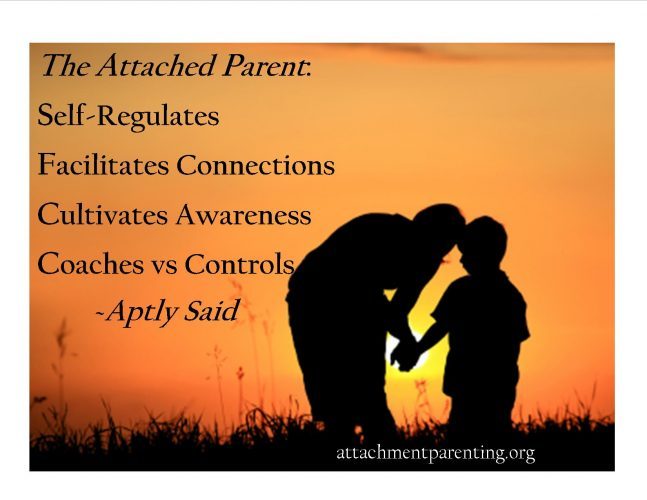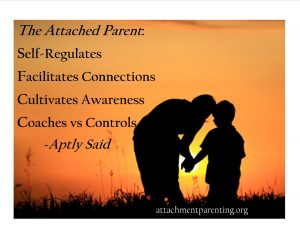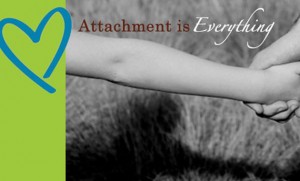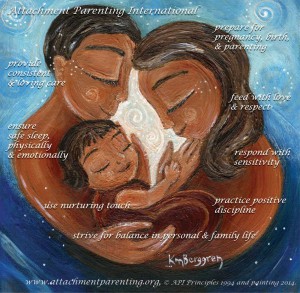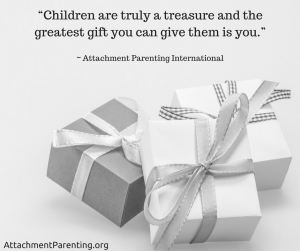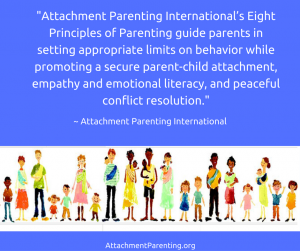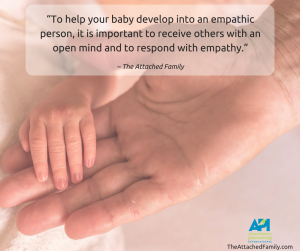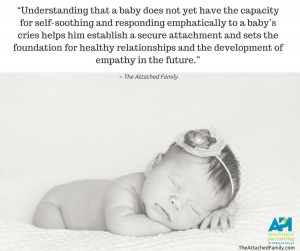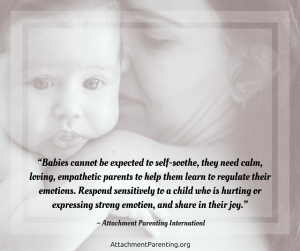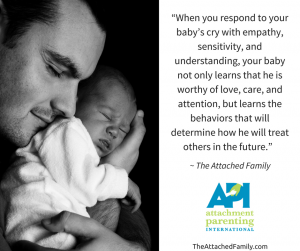Reading Time: 2.5 minutes
“You are not a good mother. You are not doing a good job. You are messing her up.”
These are words I hear too often. No, not from others, but from myself.
These words are my thoughts, or my negative self-talk.
We all have self-talk. The lucky among us experience a plethora of positive self-talk, and the unfortunate among us experience negative self-talk. Research indicates self-talk begins to form in the early years as our core beliefs, which are largely influenced by messages we receive from our primary caregivers, take shape.
My childhood was traumatic. In addition, I was heavily criticized and emotionally neglected. Therefore, I have an abundant supply of negative core beliefs such as:
“I am not good enough.”
“I do not deserve love.”
“Something is wrong with me.”
“I am responsible for other people’s feelings.”
“I am an imposter.”
“I am a failure.”
Core beliefs such as these spawn self-talk. My self-talk resembles a long train, with each car holding a negative thought. This train is destructive and creates a negative feedback loop with my world.
Most of us have zero awareness a train is racing through our brain. We jump on for the ride and allow these thoughts to affect us. We believe them. We think they are true.
These thoughts make us feel things.
These feelings then make us behave in a certain way.
Consider the following scenario as a common example of this phenomenon:
Scenario: My three year old is throwing a public tantrum because her ice cream “Isn’t like it was the way before!” People are staring.
Thought: “People think we are broken. She is crazy.”
Feeling: Desperate, anxious, scared, mad, sad
Behavior: I have unrealistic expectations of my child. I resort to anger and self-blame. I dislike my child in the moment, because ultimately, I dislike myself. I blame my child because I am unaware of my negative self-talk.
Same Scenario, but with Awareness
Thought: “People think we are broken. She is crazy.”
Awareness: “Hi bad thought. I see you racing through my brain. You can sit down and stay out of my way today. I am NOT jumping on this train. Goodbye.”
New Thought: “She is sleep-deprived and overly-stimulated. I can be patient. I can handle this.”
Feelings: Empathetic, calm, and confident
Behavior: I can now focus on the needs of my child and calmly facilitate her big feelings. I can genuinely validate her and tell her a story about a bad ice cream experience I once had. I can wait out her storm with a calm heart.
When I am able to react with awareness, our connection and self-worth is maintained. For most of us, cultivating awareness and recognizing negative self-talk is a challenge, but we are capable. The human brain is capable.
How can we gain awareness? I will share ideas and techniques in my next post.
Sources
Crisp, R. J., & Turner, R. N. Essential social psychology. London: Sage Publications; 2012.
DeLamater, J., & Myers, D. Social psychology. Belmont, CA: Wadsworth Cengage Learning; 2011.


